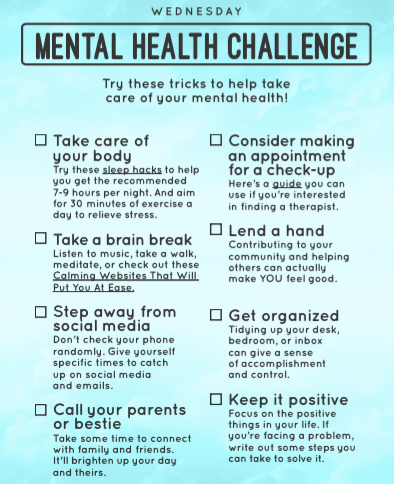Women face unique mental health challenges due to a combination of biological, social, and cultural factors. The experiences of women often differ from those of men, and it is important to recognize and address these specific challenges to promote women’s mental well-being.
Hormonal Fluctuations
One of the significant challenges faced by women is hormonal fluctuations throughout their lives. Puberty, menstrual cycles, pregnancy, childbirth, and menopause introduce hormonal changes that can impact mental health. These hormonal shifts can lead to mood swings, anxiety, depression, and other conditions.
Reproductive Issues
Women may also face mental health challenges related to reproductive issues. Infertility, pregnancy loss, and complications during pregnancy or childbirth can greatly affect a woman’s mental well-being. Postpartum depression and postpartum psychosis are specific mental health conditions that occur after childbirth and require proper diagnosis and treatment.
Gender-Based Violence
Women are subjected to higher rates of gender-based violence, including domestic violence, sexual assault, and harassment. These traumatic experiences can have long-lasting effects on mental health, leading to conditions like post-traumatic stress disorder (PTSD), anxiety, and depression. It is crucial to provide support to survivors and promote awareness to prevent such violence.
Societal Expectations and Pressures
Societal expectations and pressures often place additional burdens on women, increasing the risk of mental health challenges. Unrealistic standards of beauty, body image issues, the perceived need to juggle multiple roles, and the pressure to conform to gender roles can contribute to low self-esteem, eating disorders, and anxiety. Acceptance, understanding, and challenging these expectations are crucial steps towards promoting women’s mental well-being.
Work-Life Balance
Striking a balance between work and personal life can be particularly challenging for women. Juggling career goals, family responsibilities, and societal expectations can lead to stress, burnout, and mental health problems. Creating supportive workplaces that offer flexible work arrangements, maternity leave, and equal opportunities can alleviate some of these challenges.
Stigma and Lack of Mental Health Support
There is often a stigma surrounding mental health, which can deter women from seeking help and support. The absence of specific mental health services tailored to women’s needs further exacerbates the problem. Expanding access to mental health resources, raising awareness, and destigmatizing conversations about mental health are vital in addressing these challenges.
Conclusion
Women face a unique set of mental health challenges that require targeted attention and support. By recognizing the impact of hormonal fluctuations, reproductive issues, gender-based violence, societal pressures, work-life balance, and the lack of mental health support, we can take significant steps towards improving women’s mental well-being. It is crucial to foster a society that prioritizes and supports the mental health needs of women, ensuring equal access to care and resources.

